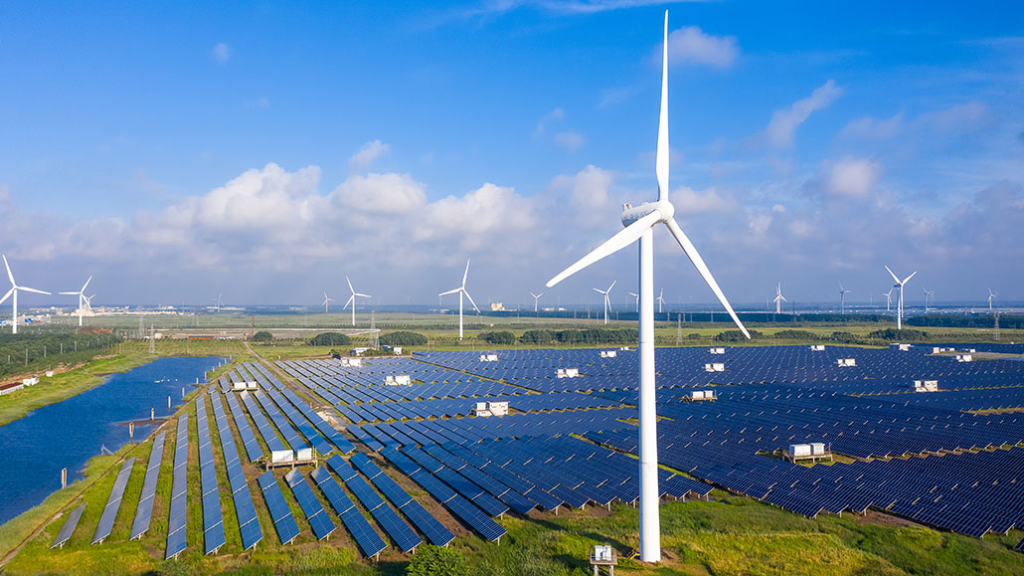The International Fund for Agricultural Development (IFAD) announced today (14 February) that it will significantly increase its support for Somalia and resume its direct investments after a three-decade suspension due to loan arrears, which has caused millions of Somalians to experience acute food insecurity. President Alvaro Lario said, “This comes at a critical time when Somalia is facing critical challenges to its food security,” during the 46th session of the IFAD Governing Council.
Hassan Sheikh Mohamud, the president of Somalia, welcomed the re-engagement but urged governments to give more than just emergency aid to nations like Somalia.
The Integrated Phase Classification estimates that 5.6 million Somalians are currently suffering from severe acute food insecurity, with 214,000 of them being deemed to be in a catastrophe situation as a result of an unprecedented drought that has not been seen in decades.
According to projections, between April and June 2023, 8.3 million Somalians could experience severe acute food insecurity. This includes guarding against the deaths of about 6.7 million of the most defenseless individuals.
IFAD has been actively soliciting grants from donors to Somalia and directing resources for the country’s rural development projects despite the arrears and the suspension of loans. The IFAD has provided Somalia with about $40 million in aid since the early 1990s. Currently, there are two active projects.
For instance, a project in Puntland aids pastoralists and agropastoralists in restoring degraded rangelands, using drip irrigation, improving livestock health, and rehabilitating irrigation systems.
It is now possible for IFAD to make new direct investments because Belgium, Germany, Italy, and Sweden helped Somalia pay off its debt to IFAD. Since the Somali civil war began in 1991, Somalia hasn’t been able to take advantage of the IFAD’s loans and grants, which are very helpful.









